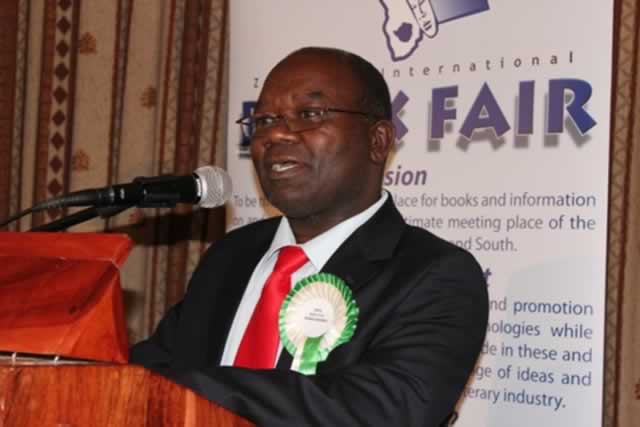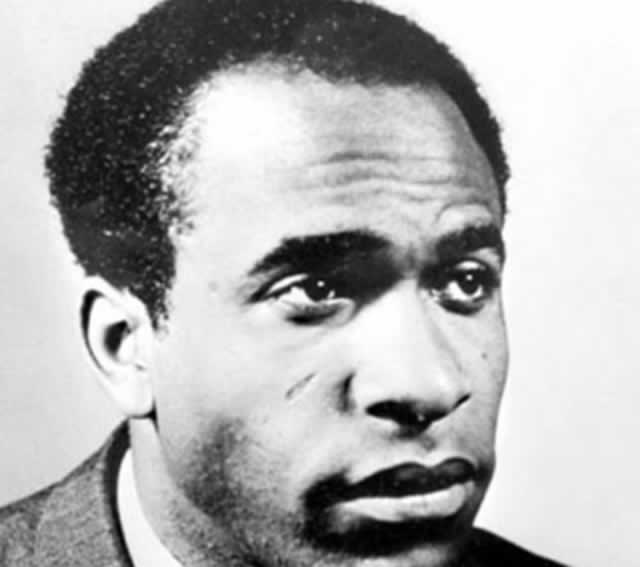It’s time to revamp ZIBF

Over the past few years, activity has been low at the Zimbabwe International Book Fair as the reading culture in the country continues to decline.
The fair brings together writers, publishers, book sellers and other players in the literary sector, but response from literature followers has been low.
Besides lack of funds to spruce up the book fair’s image and bring back its glory, strategies to make the fete attractive seem to evade custodians of the event.
The fair has been taken to other parts of the country that include Mutare, Masvingo and Bulawayo to try and encourage people in various cities to celebrate the country’s literary achievements, yet attendance to the events has not been convincing.
Academic material has been popular at the fair as evidenced by schoolchildren’s consistent visits to the fair, which outweigh traders’ business.
While many important topics have been tackled at the ZIBF indaba and artists have taken advantage of live literature forum to present their products, activity on book stands has remained poor and there is need to revamp that sector of the fair.
Organisers of ZIBF have been tackling issues related to technological advancement to keep up with world trends, but there is need for more efforts to make the festival attractive again.
ZIBF used to be one of the prestigious events on the local arts calendar and many renowned figures in the world of literature visited the country to attend the fair.
As preparations for this year’s edition of ZIBF that begins on July 25 begin, efforts are being made to try and breathe more life into the event.
The main move towards the efforts has been the change of ZIBF executive board that was done recently.
Zimbabwe Publishing House’s Blazio Tafireyi takes over from Obey Bvute, the managing director of Priority Projects Publishing, as the chairman of the board.
Effectively one publisher is taking over from another and, in order to ensure institutional memory and continuity, two members from the dissolved executive board have been retained.
The 2016 Book Fair starts in Harare with the two-day indaba on July 25, under the theme: “Igniting Interest in Reading for Sustainable Development”.
Dr Ruby Magosvongwe, who chairs the Book Fair’s General Council, which has oversight on the ZIBF Executive Board, says the changes to the Executive Board were made “in order to safeguard the stability and integrity of the Book Fair”.
Dr Samuel Makore deputises the chair of the interim ZIBF Executive Board.
This is the first time that the Book Fair’s Executive Board has been dissolved. The whole idea, explains Dr Magosvongwe, is “to protect our organisation from any ideas/actions that threaten or undermine the stability and integrity of the ZIBF”.
“This means a publisher continues to chair the seven-member Executive Board of the ZIBF and that for the purposes of continuity two members from the dissolved executive board have been retained in the interim board,” explains Dr Magosvongwe.
“Preparations for the Zimbabwe International Book Fair 2016 are on course. The call for papers was sent out and the abstracts have been coming in. We are looking forward to a better and more successful event.”
The theme for the two-day indaba conference, which marks the start of the Book Fair, is also“Igniting Interest in Reading for Sustainable Development”.
It will focus attention on eight key areas, namely Reading Culture; Reading Categories; Skills for Producing Reading Materials; Reading and Technology; Reader/Writer Business Dynamics; The Publisher and Sustainable Development; Access to Reading Materials; and Intellectual Property Rights.
The ZIBF was first held in 1983, in Harare and up until 2008 it was a major crossroads for poets, writers, translators, publishers and booksellers.
It is a commercial marketing event for books published both within and outside the African continent.
It also nurtures budding writers through events such as the Writers’ Workshop and The indaba, which is more for researchers and academia.
While the Cairo International Book Fair is considered the largest publishing event on the African continent, the ZIBF proved just how significant an event it is when in 1997, it was awarded the Prince Claus Award.
The Dutch award came at the height of the Book Fair’s journey — then it was the biggest and best book fair on the continent.
The 1990s set the high bar for organising the Book Fair and since 2010, the challenge for the successive executive boards and ZIBF events has been to scale similar dizzy heights. And time and tide waits for no person, hence Dr Magosvongwe’s reminder to safeguard the “stability and integrity” of the event so that it makes the transition to where it ought to be because flagging the “lost decade” as an explanation or obstacle is beginning to wear thin.
The late journalist-cum-publisher, David Martin, who was the then director of the Zimbabwe Publishing House, and Hans Zell, who was a member of the then Africa Book Publishing Record, are credited with coming up with the idea of the ZIBF, which found Government support through the late Dr Nathan Shamuyarira, who at the time was the Minister of Information.
At its height, the ZIBF attracted a stellar cast of writers such as Chinua Achebe, Ngugi wa Thiong’o, Ngugi wa Mirii, Micere Mugo, Ali Mazrui, Nadine Gordimer, Wole Soyinka, Niyi Osundare, Dennis Brutus and Njabulo Ndebele among others.
The challenges have not only been about recapturing its past glory, but ensuring that it is not only confined to Harare.
This thinking saw the introduction of regional mini-book fairs in Bulawayo, Masvingo and Mutare. Sadly, this year there won’t be mini-book fairs.
Support from the Culture Fund of Zimbabwe, the Embassy of Sweden, Danida, the Danish International Development Cooperation; Kopinor, the Norwegian Reproduction Rights Organisation; Norcode, the Norwegian Copyright Development Association; and the Zimbabwe Book Publishers’ Association has enabled the ZIBF to take place, albeit at subdued levels compared to what it represented during the 1980s and 1990s.
It is now time for the new board to look at various issues that need improvement and work on them so that the glory of ZIBF returns.
There is need to build interest in the festival through various marketing means and the event has to go far beyond the academic attraction it has now.
Although the country’s reading culture is declining due to development in technology that has brought various alternatives to entertainment and consumption of art products, there is still room to convince the young generation of the need to read as a pastime and for intellectual enrichment.
With ZIBF coming in July and the new team has almost two months to work on issues that can make the fair attractive again.
It is time to revamp the festival. — Arts Reporter/Panorama Magazine.









Comments